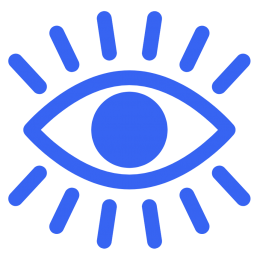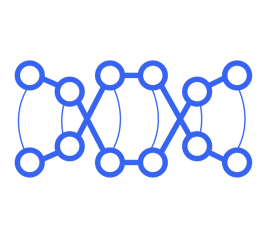YOU ARE HERE
Home
Learning » Curriculum » Personal, Social and Health Education (including Relationships and Sex Education)
Personal, Social and Health Education (including Relationships and Sex Education)
 Vision
Vision
Our curriculum aims to provide pupils with the knowledge, skills and attributes needed to manage their lives, now and in the future. Delivering a broad and balanced life-skills PSHE curriculum, through our three strands of Relationships Education, Health and Wellbeing Education and Living in the Wider World is essential for us in helping our children to stay healthy and safe, while preparing them to make the most out of school, work and life. Through quality delivery, our PSHE programme aims to develop:
- confident individuals who know and understand how to live safe, happy, healthy, fulfilling lives
- young people who are able to maintain positive, respectful and healthy relationships, within which they can thrive personally and socially
- responsible citizens who understand they have rights and responsibilities that help them make a positive contribution to society
- successful learners who enjoy overall learning, making progress and achieving success
These aims will be achieved by providing pupils with the knowledge, skills, attitudes and attributes to be able to:
- develop confidence to listen to, talk and think about feelings and relationships
- address concerns and correct misunderstandings and be able to protect themselves and ask for help
- develop skills to make and maintain positive relationships
- develop positive attitudes and values and respect differences in opinions
- develop a positive self-image and high self esteem
- gain accurate knowledge and understanding about sexuality and relationships
- develop personal responsibility for one's actions
- know where to get confidential advice and support

Sequencing
At Moss Hall we...
- start every lesson with a short mindfulness activity
- explore an image or extract from our core texts as the ‘hook’ for our PSHE learning
- make the most of outdoor learning opportunities wherever possible
- have carefully mapped our PSHE curriculum to make connections with the wider curriculum lenses and Big Questions
- use a wide range of rich and diverse books, stories and resources to support teaching and learning

Listening systems
At Moss Hall we...
- practise listening and responding to others and turn-taking
- have opportunities for our opinions to be heard through Votes for Schools, current affairs assemblies and through school parliament and council members
- have an Ask it Basket in every classroom where children can post confidential questions and thoughts for the teacher to look at later on
- ensure that every child can name trusted adults in the school who they can choose to speak to about something they do not wish to speak to the whole class about
 Assessment
Assessment
At Moss Hall we...
- record the work, experience and voice of a variety of children in each week’s lesson in a class PSHE book
- carry out baseline assessments at the beginning of each unit
- respond to the topic key question to assess progress at the end of each unit, where this fits
- reflect on and assess the effectiveness of teaching and learning through carrying out pupil interviews
